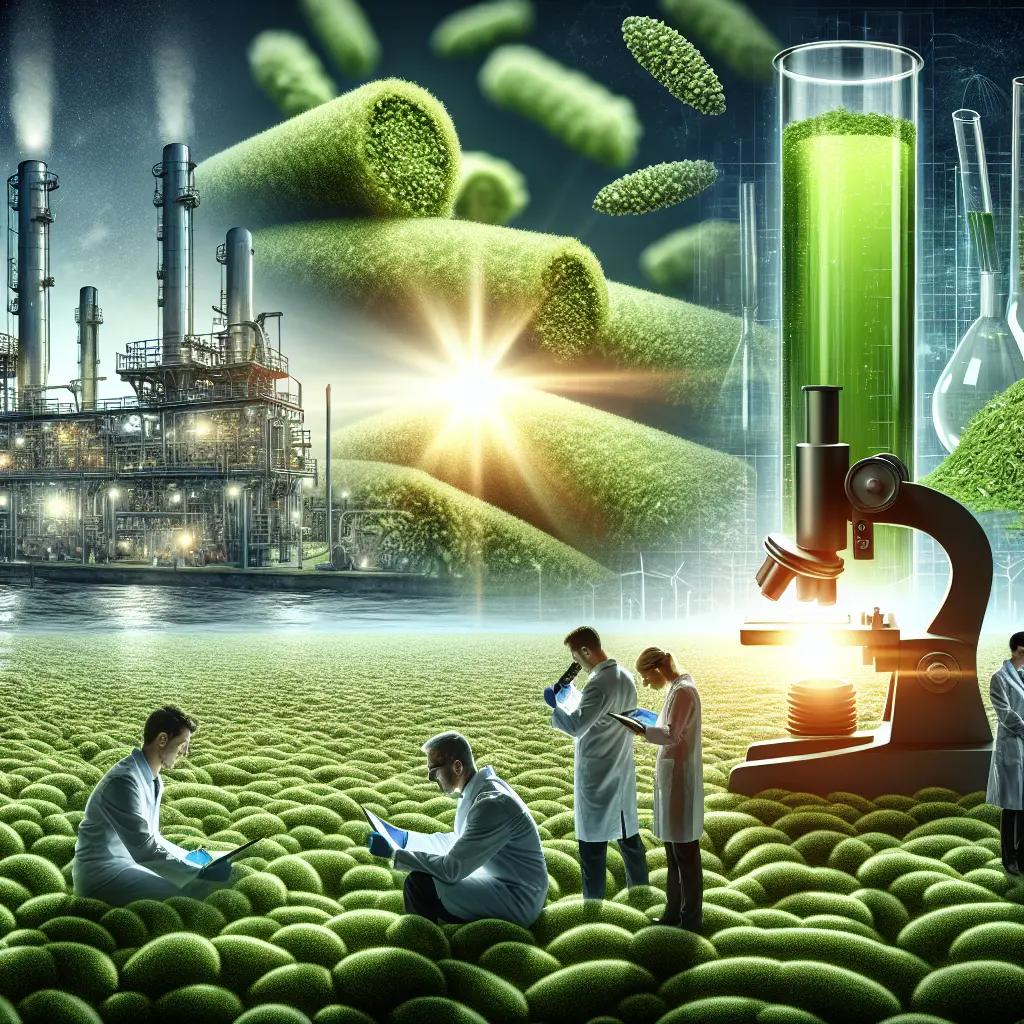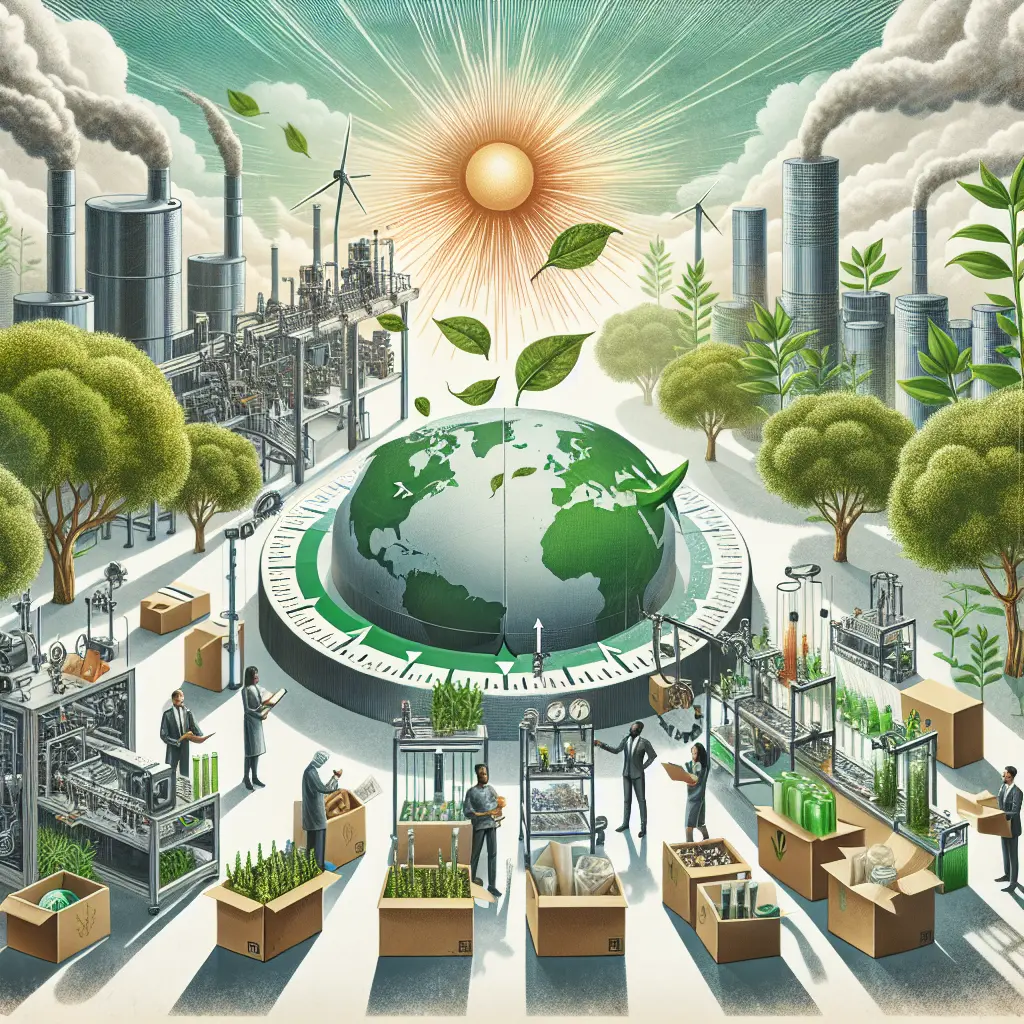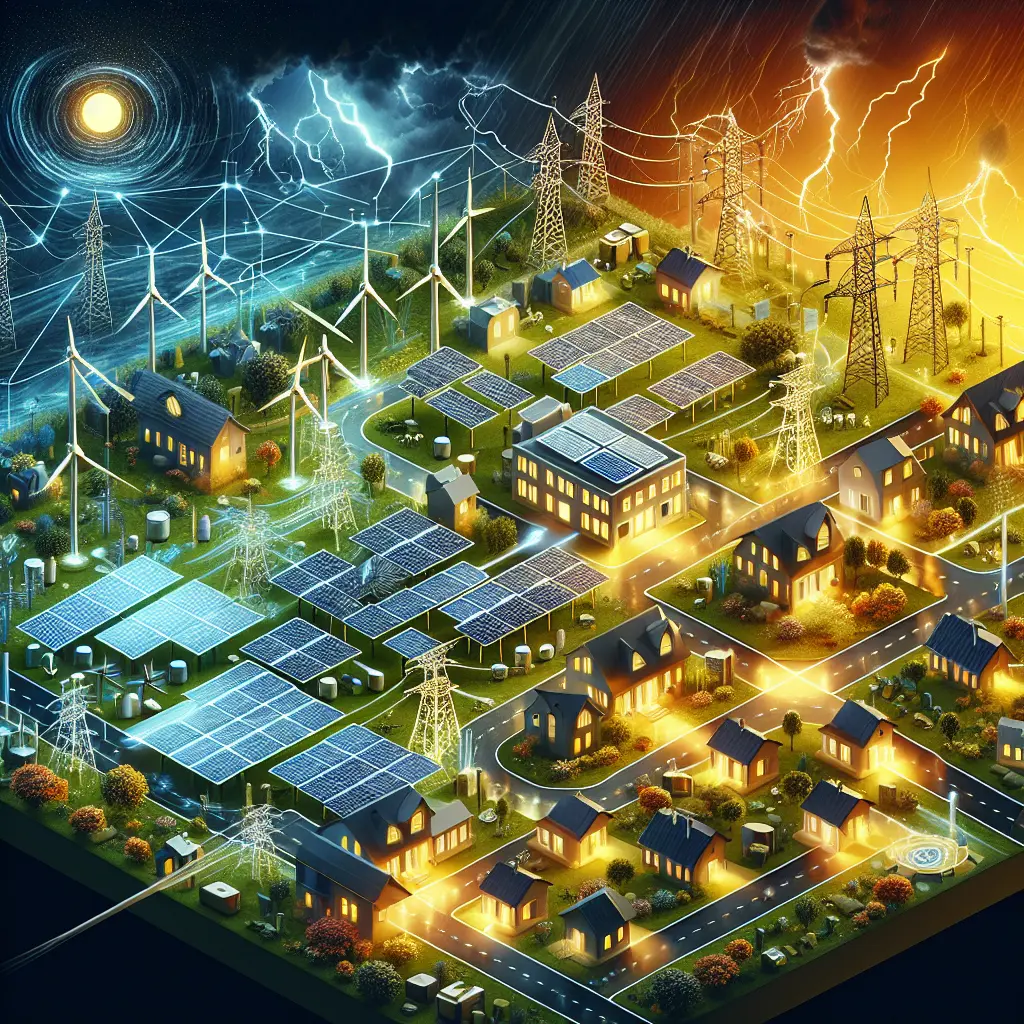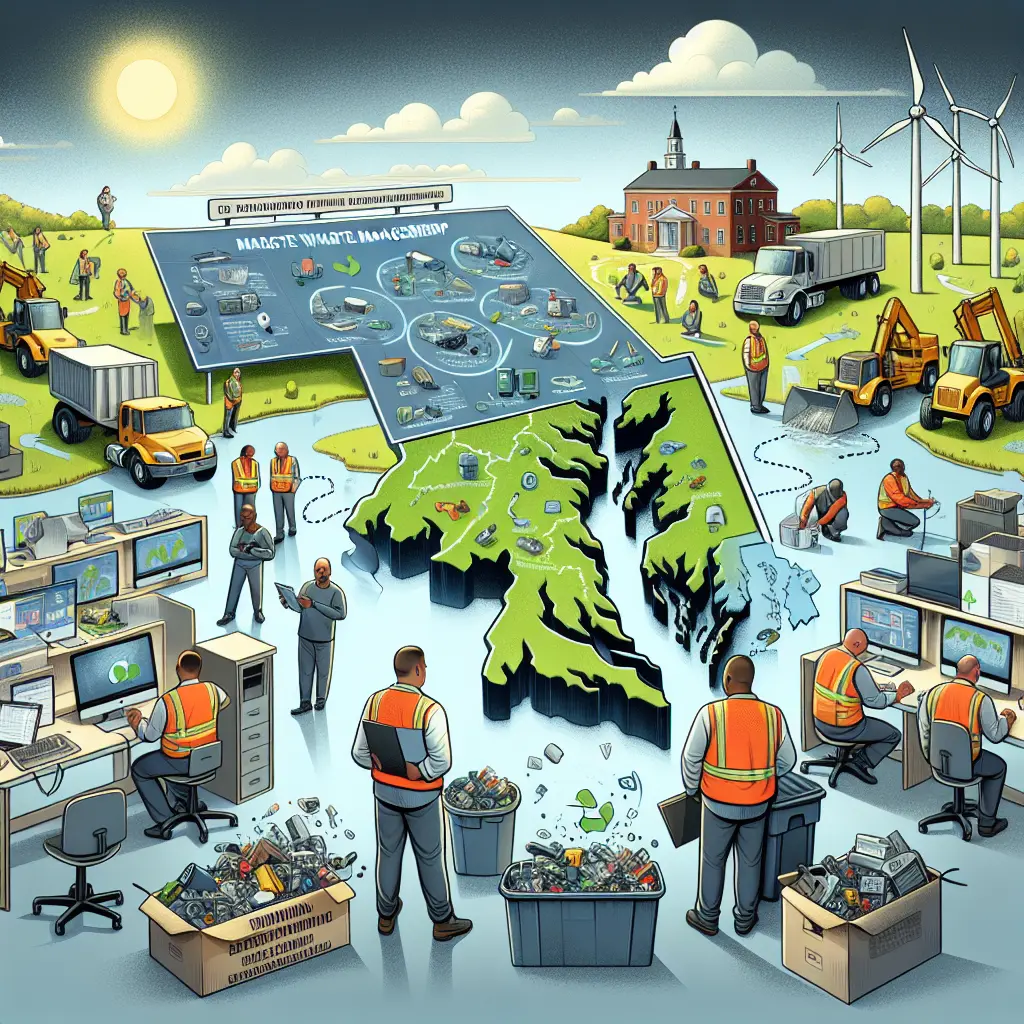In the quest for renewable energy solutions, algae biofuel emerges as a promising contender, offering both environmental and economic benefits. As the world grapples with the pressing need to transition from fossil fuels to more sustainable biofuel options, algae energy stands out due to its remarkable versatility and potential. Unlike traditional biomass energy sources, algae farming can thrive in environments unsuitable for conventional agriculture, such as saline or wastewater, making it an eco-friendly fuel alternative that doesn’t compete with food resources.
In the modern era of renewable energy exploration, algae biofuel emerges as a compelling sustainable biofuel source. As an eco-friendly alternative fuel, algae energy represents a beacon of hope amidst the pressing global need to transition away from fossil fuels. This section delves into the potential of algae as fuel, exploring recent advancements and highlighting the transformative promise algae technology holds for the future of biofuels.
Algae Biofuel: An Innovative Solution
Algae biofuel stands out as a versatile and innovative biofuel solution, one that can significantly contribute to reducing our reliance on traditional biomass energy. With its ability to flourish in environments unsuitable for conventional agriculture—such as saline or wastewater—algae cultivation does not compete with food resources, positioning it as an ideal candidate for sustainable energy production.
Recent technological advancements have furthered the feasibility of algae as a viable biofuel source. Notably, innovations in algae oil extraction and conversion processes have been pivotal. According to a recent study published in Renewable Energy Journal, improvements in these processes have increased the oil yield from algae by nearly 30% over the past five years, making algae biofuel production more efficient and cost-effective than ever before.
The Role of Algae in Carbon Neutrality
One of the most profound environmental benefits of algae lies in its capability to contribute to carbon capture. During photosynthesis, algae absorb CO2 and release oxygen, thereby mitigating climate change while producing sustainable biofuel. This dual functionality underscores the importance of algae in global green energy strategies. According to the International Energy Agency (IEA), incorporating algae farming into carbon management plans could enhance carbon capture capabilities by up to 15% by 2030.
The global interest in algae as a sustainable energy source is reflected in recent industry movements and technological innovations:
Technological Breakthroughs in Extraction Methods
A novel technology has recently been developed to extract lithium from brines more sustainably and at a lower cost Sustainable Lithium Extraction. Although primarily focused on lithium, this technology could potentially inspire similar advancements in algae oil extraction, increasing efficiency and sustainability.
The Universal Challenges in the Energy Sector
As noted in an analysis by Energy Sector Experts, the transition to sustainable energy, including algae biofuel, requires comprehensive partner ecosystem thinking to address universal challenges. This approach could facilitate collaborations that enhance algae research and development.
The Influence of Blockchain Technology
In the realm of digital innovation, the rise of blockchain technology presents opportunities for enhancing the transparency and traceability of biofuel production chains Blockchain Technology in Biofuels. This could be particularly beneficial for certifying the sustainability of algae energy solutions.
Economic Viability and Market Opportunities
Economically, algae biofuel offers promising market opportunities. Its ability to produce significantly more oil per acre than traditional crops like soybeans and corn positions it as an attractive carbon-neutral fuel option. According to a report by Market Research Future, the global algae biofuel market is projected to grow at a CAGR of 8.4% from 2024 to 2030, driven by increasing demand for eco-friendly fuel alternatives.
Moreover, companies like Lineage, Inc.
Companies like Lineage, Inc., which recently filed their Second-Quarter 2024 Form 10-Q, are increasingly looking towards sustainable investments that align with their corporate responsibility goals Lineage Inc. Financial Report. Investing in algae cultivation not only enhances their environmental credentials but also opens new avenues for growth and innovation.
Algae's Role in Future Biofuel Strategies
As we look to the future, the role of algae in biofuel technology becomes increasingly significant. The intersection of technology, sustainability, and economic viability makes algae energy a cornerstone of future renewable energy landscapes. By investing in algae research and development, we pave the way for innovative biofuel solutions that are not only effective but also sustainable.
Conclusion: Embracing Algae Biofuel for a Sustainable Future
In summary, algae biofuel presents a transformative opportunity in the realm of renewable energy. Its potential as a sustainable energy source is underscored by several key points:
Innovative Solution: Algae biofuel emerges as a versatile and efficient alternative, thriving in non-arable environments without competing with food resources.
Technological Advancements: Significant progress in oil extraction and conversion technologies has improved algae biofuel's efficiency and cost-effectiveness, boosting its viability as a mainstream energy source.
Environmental Benefits: Algae's role in carbon capture enhances its environmental credentials, supporting global carbon neutrality efforts by potentially increasing carbon capture capabilities by 15% by 2030.
Economic Viability: With higher oil yields per acre compared to traditional crops, algae biofuel offers promising market opportunities and is projected to experience substantial growth in the coming years.
Future Strategies: Algae stands poised to become integral in future biofuel strategies, bridging the gap between technological innovation, sustainability, and economic viability.
As we continue to explore the potential of algae as a sustainable biofuel source, it is essential to foster collaboration across industries and leverage technological advancements to realize its full potential. The intersection of technology and sustainability positions algae as a cornerstone of future renewable energy landscapes, offering eco-friendly solutions that are both innovative and effective.
I encourage you, dear reader, to reflect on the possibilities that algae biofuel presents. Consider how you can contribute to or advocate for sustainable energy solutions in your community or industry. Your insights and experiences are invaluable—please share them with us and join the conversation on this exciting journey toward a greener future powered by algae.
Together, let us embrace the transformative power of algae and work collaboratively towards a sustainable future.
For further reading on the potential and advancements in algae biofuel, visit reputable sources such as National Renewable Energy Laboratory and Biofuels Digest.










Leave a Comment